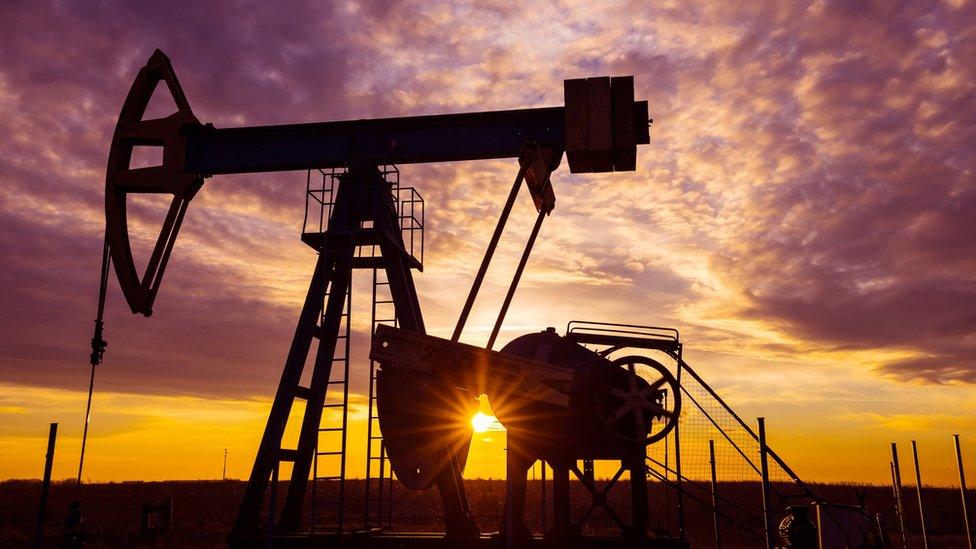Scotland's no-fracking policy to continue
- Published
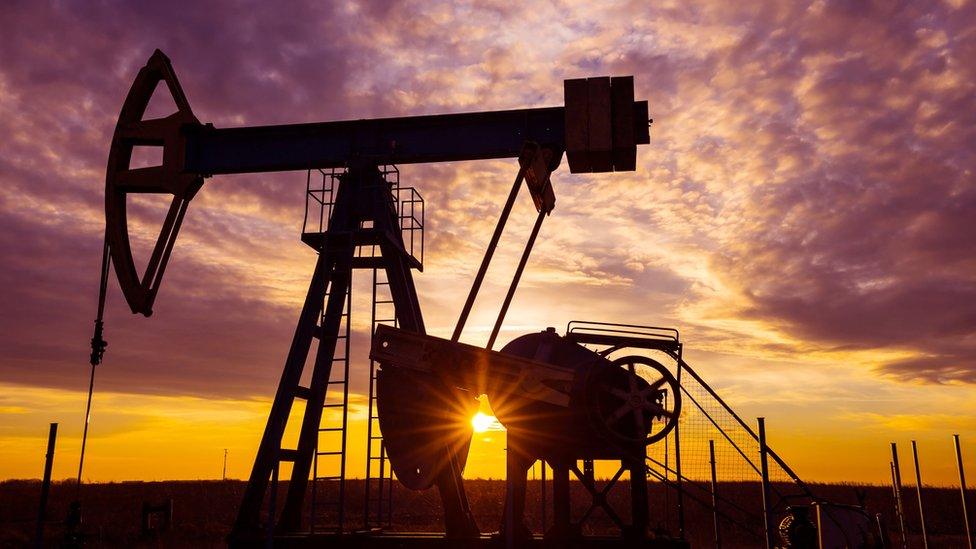
Scotland's policy against fracking will not change despite a ban being lifted in England, a Scottish government minister has confirmed.
Energy Secretary Michael Matheson reiterated his government's opposition to new fracking licences.
A ban on the controversial process of mining gas and oil from shale rock has been lifted in England by the new UK energy secretary Jacob Rees-Mogg.
A moratorium was put in place in 2019 following concerns over earth tremors.
Mr Matheson tweeted shortly after the announcement, external in Westminster: "To be clear - this policy change does not apply in Scotland.
"Fracking can only happen here if licences are issued by the Scottish government and we do not intend to issue any licences."
The decision comes alongside the publication of a new scientific review into the practice by the British Geological Survey (BGS).
The BGS concluded there was still a limited understanding of the impacts of such drilling.
Mr Rees-Mogg said the existing pause on fracking was being lifted in England to examine new potential sources of gas.
Liz Truss's government has vowed to explore all avenues to improve energy security in response to the war in Ukraine.
Stephen Flynn, MP for Aberdeen South, told the House of Commons: "In Scotland there will be no change, there will be no fracking whatsoever. We, unlike the Tories, stick to our word."
A spokesman for First Minister Nicola Sturgeon said there was no review point for the Scottish government's position on fracking.
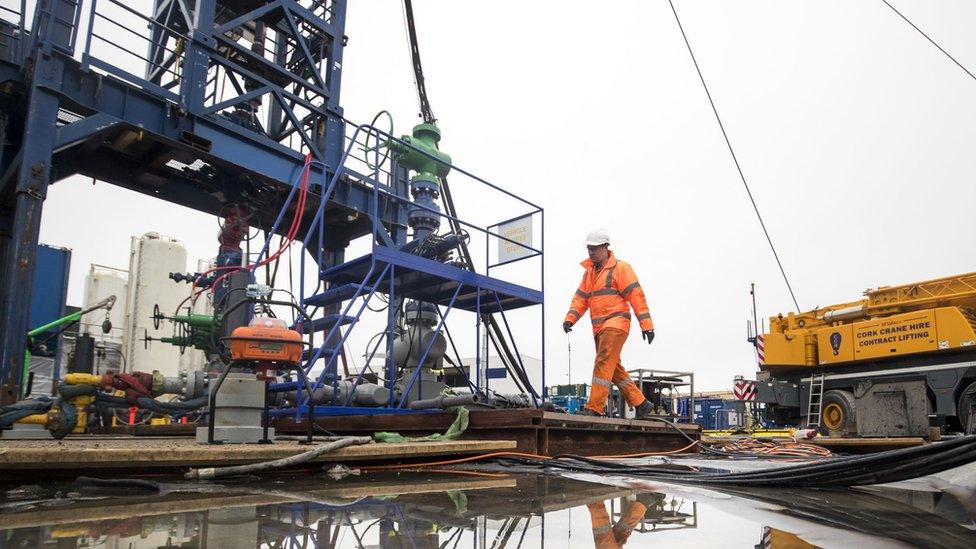
More than 120 tremors were recorded at a fracking site in Lancashire in 2019
The granting of licences for fracking are a devolved matter, meaning the policy will not impact Scotland unless Scottish ministers agree to it.
In 2018 a judge ruled that a legal challenge against the Scottish government's "effective ban" on fracking could not go ahead because "there is no prohibition against fracking in force" in Scotland.
However, the Scottish government has repeatedly adopted a policy position of no support for fracking, following a moratorium on the issue.
Local authorities have been told not to grant planning permission for fracking sites, and any decision in their favour could be called in by Scottish government ministers and overturned.
Earlier in September, Nicola Sturgeon was asked to clarify her government's position on fracking during First Minister's Questions.
She said: "This is a devolved matter and our position is unchanged.
"We do not intend to grant licences for fracking."
Fracking in the UK has been a controversial subject within local communities and among MPs, partly due to its association with minor earthquakes and environmental concerns.
In 2019, at oil and gas exploration company Cuadrilla's fracking site in Lancashire, more than 120 tremors were recorded - although most were too small to be felt.
Within shale rock there can be small faults and areas of stress. During drilling, water is injected into the rock to extract the gas. The water lubricates the shale rock, moving parts of the rock along these faults. This movement can trigger a tremor.
The BGS points out that although there has been progress in identifying these faults there is limited exploration and therefore "it is not possible to identify all faults that could host earthquakes with magnitudes of up to 3…even with the best available data".
The Welsh government has also confirmed that it will not use its powers to grant drilling licences.
- Published22 September 2022
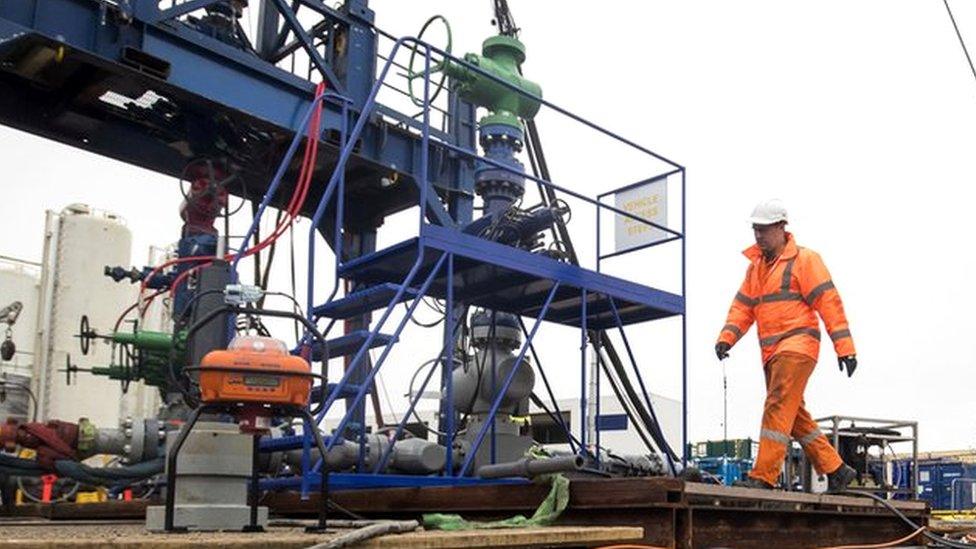
- Published22 September 2022
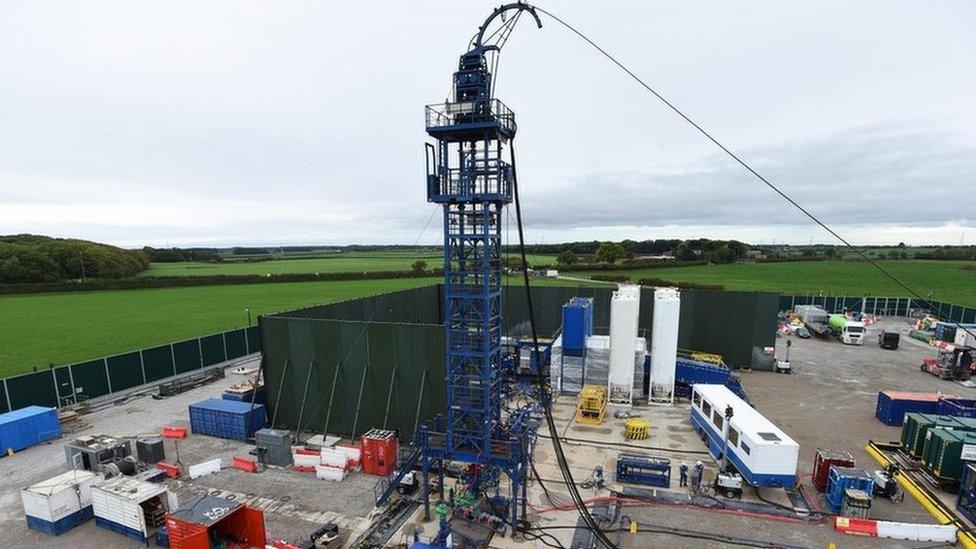
- Published22 September 2022
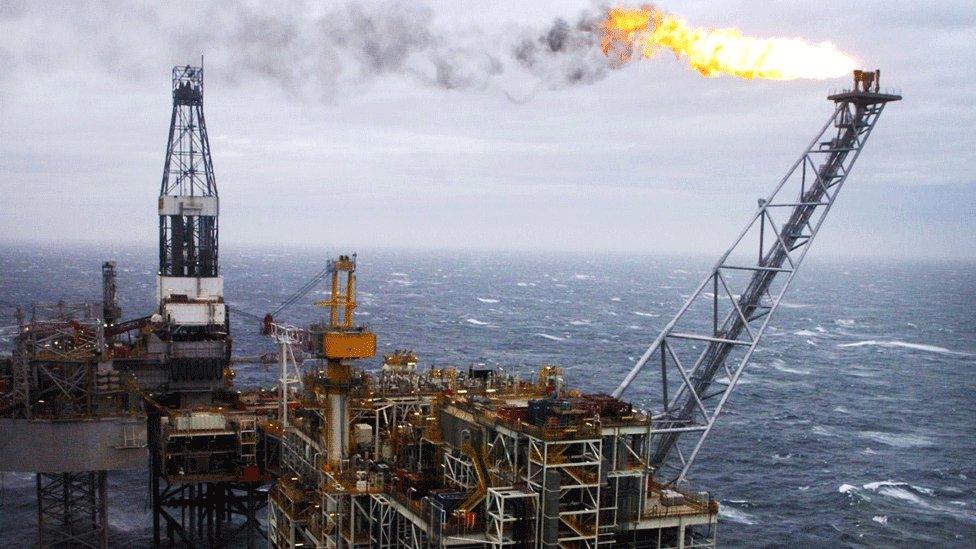
- Published19 June 2018
